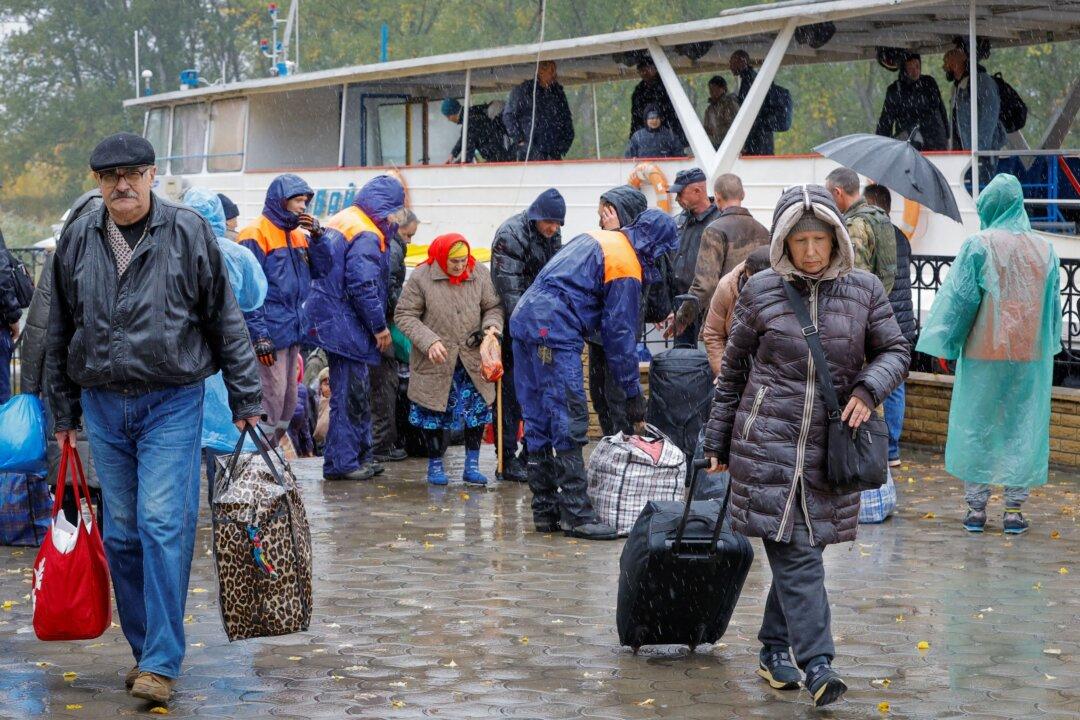Following last week’s Russian withdrawal from the city of Kherson, Kyiv has accused Moscow’s forces and their local allies of having committed numerous “war crimes” before their departure.
Pro-Russian officials, for their part, claim that Ukrainian forces, which entered Kherson over the weekend, were committing “extrajudicial reprisals” against pro-Russian residents of the city.





